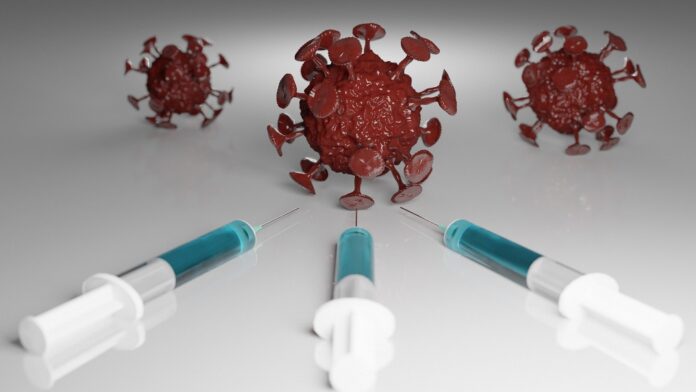Since the December of last month, the coronavirus distribution program under the U.S. Centre for Disease Control and Prevention has begun, paving the way for questions regarding after-care. While the vaccine is unlikely to be affected by most everyday habits, alcohol consumption may impact the immune response after getting a coronavirus shot.
This why health experts in the United Kingdom have already advised people to abstain from drinking both before and after getting the vaccine.
According to immunologists, the immune system needs to be working without any issues when getting a vaccine. Consuming alcohol the night before can disrupt the immunity and potentially reduce the effectiveness of the vaccination.
Last month, health officials from Russia also gave a similar advice, saying the people should stay away from alcohol for at least two months when getting the Russain Sputnik V vaccine. However, this advice was too extreme.
Later, one of the main develpers of the vaccine, Alexander Gintsburg, also commented on the concern saying that abstaining for three days before and after is enough for any of the currently used vaccines.
In the US, most experts state that restrictions are not necessary for people who are usually not heavy drinkers. In such cases, abstaining is also not required for either of the two doses of the vaccines.
RELATED: Pregnant Women May Have a Higher Risk of Pre-term Birth
Currently, two vaccines from Pfizer and Moderna have received Emergency Use Authorization (EUA) from the U.S. Food and Drug Administration. The time in between two doses of Pfizer vaccine is twenty-one days. For Moderna, it is twenty-eight days.
There is no scientific evidence yet to show that alcohol consumption will affect immune response. However, heavy drinking is indeed harmful generally so it is better to avoid it when getting the vaccine.
During the phase III trials of either of the currently used vaccines, alcohol consumption was not taken into account. Overall, low to moderate alcohol intake is not expected to make a difference but people are generally advised to stay away from excessive drinking.
According to the CDC, having more than fifteen drinks on a weekly basis accounts as heavy drinking. In addition, having four or more drinks is also deemed as ‘binge drinking’ and should also be avoided.
While there is no data on alcohol and coronavirus vaccines, previous research has shown heavy alcohol intake does impact the vaccine effectiveness and immunity in general.
Therefore, people should refrain from binge drinking or heavy drinking. Try to consume only moderate amount of alcohol in both the first and second dosage of the vaccine.
In case of any other confusions regarding vaccine preparation and after-care, make sure to discuss with a health professinal beforehand. Also, mention any allergies or history of allergic reactions to any vaccines.
This will help the doctor set a time for observation post-vaccine as well as look for symptoms of any potential reaction. While the chances of having a negative reaction to the vaccine are low, it is still possible, which is why it is important to discuss properly before getting the vaccine.




